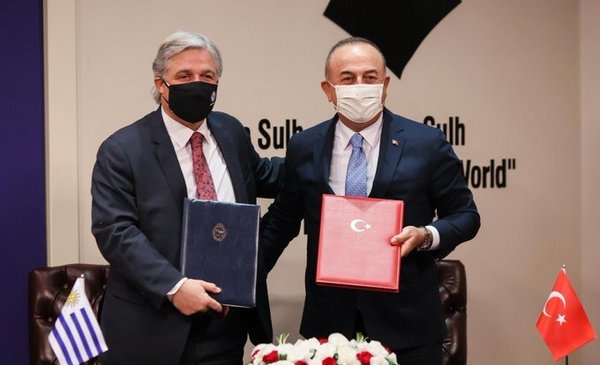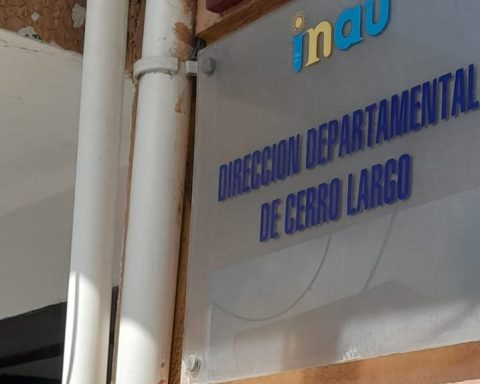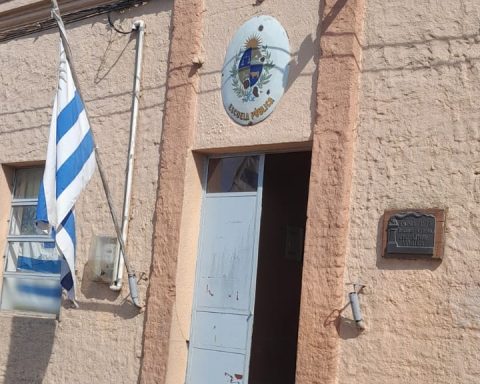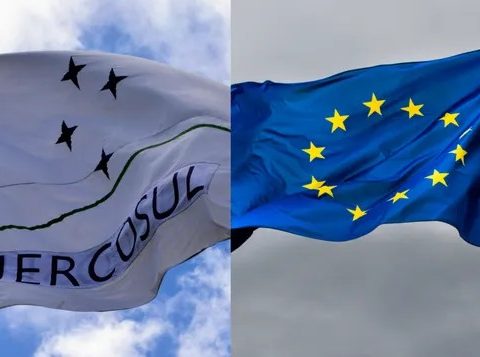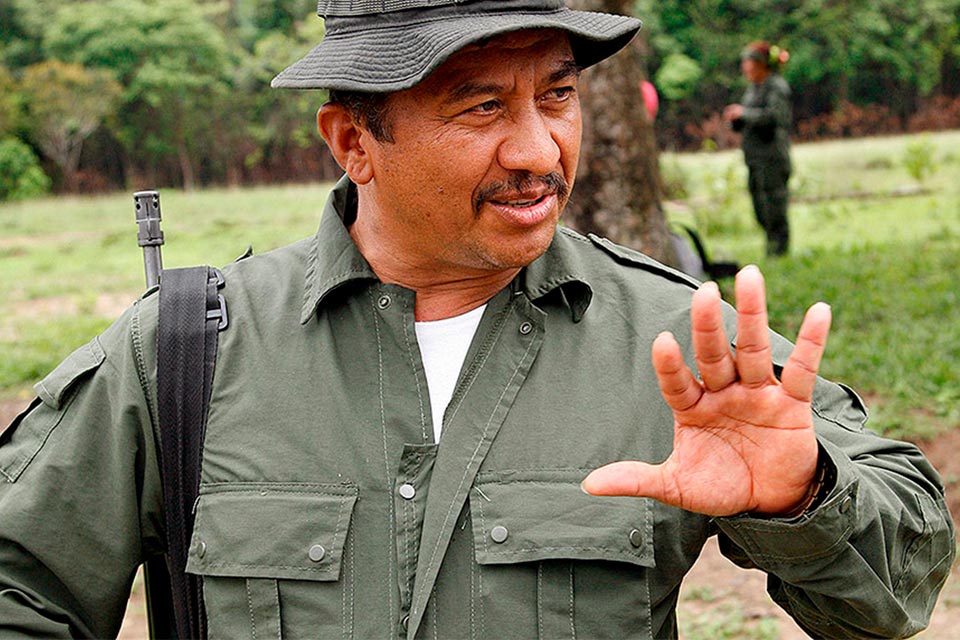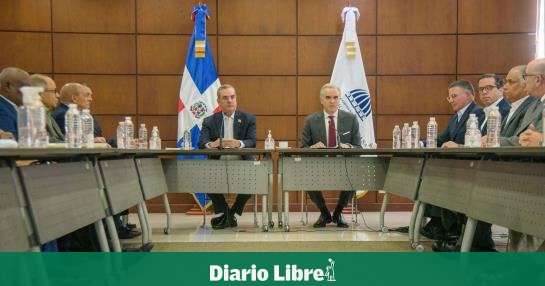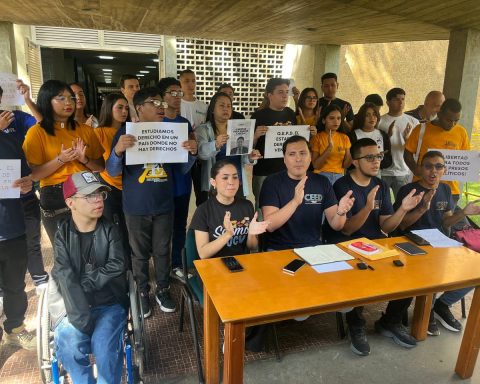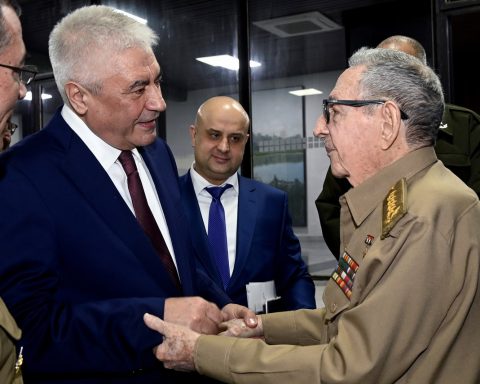The Turkish Foreign Minister Mevlüt Çavuşoğluwill arrive in Uruguay this Saturday in the midst of advanced negotiations between the two countries to advance in a Free Trade Agreement (FTA).
While hoping to finalize the joint feasibility study with China soon, the government of Luis Lacalle Pou launched himself in search of other commercial agreements and found in the Eurasian country an attractive market with which to deepen relations.
The signing of an eventual FTA with Turkey had been mentioned in December of last year by President Luis Lacalle Pou in an interview with Telenoche. The president had spoken of opening a “exploratory path” which, if carried out correctly, could lead to the formal start of negotiations for the agreement between March and April of this year.
The Foreign Minister Francisco Bustillo confirmed in those same days that Uruguay had received from Turkey the terms of reference for an eventual FTA, after Uruguay worked on the exploration of new commercial agreements and presented a formal note to that effect. According to the minister, the Mercosur partners are aware of the negotiations.
Çavuşoğlu’s visit, which according to diplomatic sources will start on Saturday the 23rd, was announced days ago in Parliament by Hugo Cayrús, who will have the mission of setting up the Uruguayan embassy in Turkey “from scratch” and whose permission has just been approved by the Senate.
Apart from the presence of a general consulate in Istanbul, Uruguay currently lacks permanent representation in that country, one of the most geopolitically strategic due to its central position between Europe, Asia and Africa.
The priority of this new headquarters will be to work to improve the opportunities for access of products and services to the Turkish market. Last year, Uruguay exported US$200 million in that direction, including free zones, being the 11th most important destination. From Turkey, meanwhile, imports arrived for US$ 74 million. There one of the first objectives will be to establish an economic and commercial department.
Uruguayan sales to Turkey in recent years were mainly live cattleeven though they recently gained weight pulp exports, that this year has been the main export product. Sales of rice, soybeans, animal feed, wool, dairy products and pharmaceutical products also stand out.
Auto parts, iron or steel profiles, clothing, footwear, textiles, electric heaters, vehicle bodies, plastics, chemicals, washing machines and agricultural machinery arrive from the Eurasian country.
As explained by Cayrús, former permanent representative of Uruguay to the Organization of American States (OAS), there are several projects for agreements in the negotiation phase with Turkey: among them one for the promotion and reciprocal protection of investments, and another for the elimination of double taxation with respect to income taxes and prevention of fiscal spending.
Turkey has an area of 784 thousand square kilometers and a population of 85 million inhabitants. It is the 20th largest economy in the world in terms of nominal GDP, and number 11 in GDP according to purchasing power parity.. His projects aim to be in the world Top 10 by 2023, when the first centenary of the proclamation of the Republic led by Mustafa Kemal Atatürk is celebrated. Turkey is also a member of the Group of 20.
In August of last year, Foreign Minister Bustillo traveled to Turkey and signed a cooperation and mutual assistance agreement on customs issues, as well as two memorandums of understanding: one on political consultations and the other on collaboration between the diplomatic academies of both countries. In November, the bilateral Interparliamentary Friendship Group was established.
Turkey and Uruguay have had an agreement in force since 1996 to abolish passport visas, one of friendship and cooperation since 2009 and another on economic, commercial and technical collaboration since the same year. In 2013 they signed another regarding air services. The first meeting of the Joint Economic Commission, pending for 13 years, is expected to take place this year. At the private level there is a will to create a bilateral commission between the National Chamber of Commerce and Services and the two main representatives of the Turkish business sector.
The colony of Uruguayans living in Turkey is very small. According to the records of the Consulate General, there are only 38 people in Istanbul.
Erdogan’s background
At the parliamentary level, the appointment of Cayrús and the government’s willingness to open a permanent headquarters in Turkey were celebrated. “For Uruguay, it is one of the countries that determines the transparency of the livestock market,” said the nationalist senator Sebastián Da Silva. “The fact that it is the main destination for live cattle prevents producers from being held hostage by possible oligopolies in the meatpacking industry.” Da Silva said he has expectations for a possible FTA, although he admitted that it will be a medium-term definition. The legislator also highlighted the importance of the Turkish steel industry in Uruguayan agriculture, through the import of implements and machinery.
The Frente Amplio supporter José Carlos Mahía pointed out how “hard to explain” that Uruguay still did not have a permanent headquarters in such a geopolitically and economically important place on a global level, beyond the historical differences and the traditional position of the country regarding the Armenian Genocide. “We understand that it is an issue that has played an important role, but this is a strategic decision that we support,” he claimed.
Mahía’s claim is based on historical support for the Armenian cause. Uruguay was among the first to recognize the genocide of almost two million of Armenians at the hands of the Young Turk regime, in the last years of the Ottoman Empire.
Turkey does not deny these deaths, but points out that it was never a premeditated plan, but explains them based on the disorders that occurred during the First World War.
Until today, Uruguay is one of the 22 countries in the world that describe that event as genocide.
The emblematic date is April 24, 1915, on which the Ottomans ordered the arrest of hundreds of Armenian leaders in Istanbul and launched a massive deportation of individuals from that ethnic group.
Almost 20,000 descendants of Armenians reside in Uruguay, who were firmly opposed to a never-concreted visit that President Recep Tayyip Erdoğan was going to make to Montevideo at the beginning of 2018, during the last government of Tabaré Vázquez, as part of a regional tour.
At that time, some details about the requirements of the Turkish president generated harsh criticism in the Executive Branch. Among them, the Turkish government demanded the entry of a body of snipers for the protection of Erdoğan, with immunity under Uruguayan law for their action. The then Minister of Tourism, Liliam Kechichian, had raised the repudiation of her in the cabinet and had requested permission not to be present during the visit of the Turkish president, who finally and for reasons never specified, never arrived. She also did not go to Brazil and Venezuela, the other stops planned on the tour.
